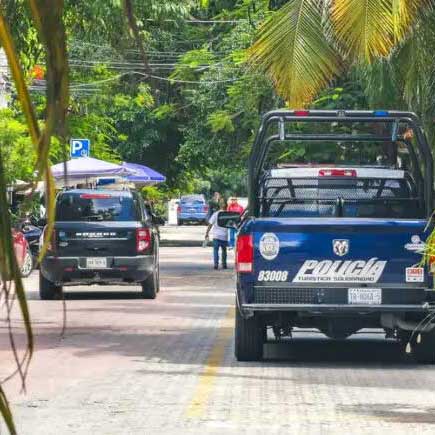Armed assailants disguised as military personnel attacked a cockfighting venue in rural Ecuador on Thursday night, April 17, resulting in 12 fatalities and multiple injuries in one of the year’s most lethal incidents in the region.
The attack took place in La Valencia, a community within El Carmen canton, Manabí province, underscoring the increasing insecurity in a country once considered relatively stable in South America.
Security cameras recorded the moment when at least five individuals entered the cockfighting arena with automatic rifles, opening fire on the unsuspecting crowd. Panic ensued as spectators sought cover. Survivors noted the attackers also stole roughly $20,000 in prize money during the attack.
“We have 12 people deceased as a result of an armed attack by a criminal group,” stated Police Colonel Renan Miller Rivera. He mentioned that several others were injured, though he did not specify the number.
Following the incident, authorities detained four suspects. Among them was an individual identified by National Police Chief Victor Hugo Zarate as a “target of intermediate value” with alleged ties to the criminal organization “R7.”
The tactic of wearing fake military uniforms is a common strategy used by criminal gangs in Ecuador, enabling them to move with ease and potentially confuse victims and law enforcement during violent acts.
Police discovered abandoned military-style uniforms and two vehicles on a nearby highway after the attack. One vehicle was set on fire, and the other overturned, suggesting efforts by the assailants to eliminate evidence and cover their escape.
Law enforcement released footage showing the recovery of concealed evidence, which included eight rifles, four pistols, three shotguns, eight magazines, 11 cell phones, ballistic helmets, and tactical gloves. This arsenal reflects the level of sophistication of these criminal organizations.
This violent event is part of a trend of increasing violence in Ecuador. The country has seen a sharp rise in drug-related crime, with the homicide rate escalating from six per 100,000 people in 2018 to 47 per 100,000 in 2023. January alone recorded 781 homicides, marking it the deadliest month in Ecuador’s recent history.
The attack in La Valencia is now the deadliest in Manabí’s history. The province was placed under a 60-day state of emergency on April 12 due to the rise in gang-related violence.
Ecuador’s geographic position has made it a key transit point for illegal drugs, especially cocaine, flowing from Colombia and Peru to the U.S. and Europe. The Center for Strategic and International Studies notes several factors that make Ecuador vulnerable to this role.
The organization highlighted that weak political institutions, a dollarized economy, and a free trade agreement with Europe create ideal conditions for cocaine transshipment through Ecuador. President Daniel Noboa has indicated that about 70% of the world’s cocaine passes through Ecuador’s ports before reaching international markets.
The country currently hosts about 20 criminal gangs involved in activities such as drug trafficking, kidnapping, and extortion. These groups are in competition for control over cocaine routes, resulting in an estimated one killing per hour at the beginning of the year.
Since January 2024, Ecuador has been in a state of internal armed conflict declared by President Noboa in response to the rising violence. The government has labeled 22 gangs as terrorist organizations and deployed military forces to curb their influence.
Criminal networks originating from the prison system have spread throughout Ecuador, leading to a fragmented criminal landscape as local gangs seek independence. Experts caution that the government’s intensive militarization may yield only temporary results without tackling the underlying causes of crime.
International criminal organizations have further complicated Ecuador’s security situation. Mexican cartels and European mafia have set up operations in the country, especially in coastal areas near major ports. These foreign groups have reportedly trained local gangs and introduced new methods of extreme violence to control territories.
As investigations continue into the circumstances of this violent incident, many Ecuadorians live in fear amid what has become one of Latin America’s most serious security crises.

